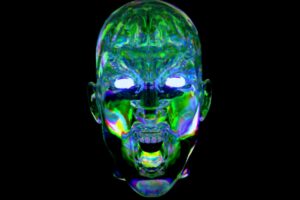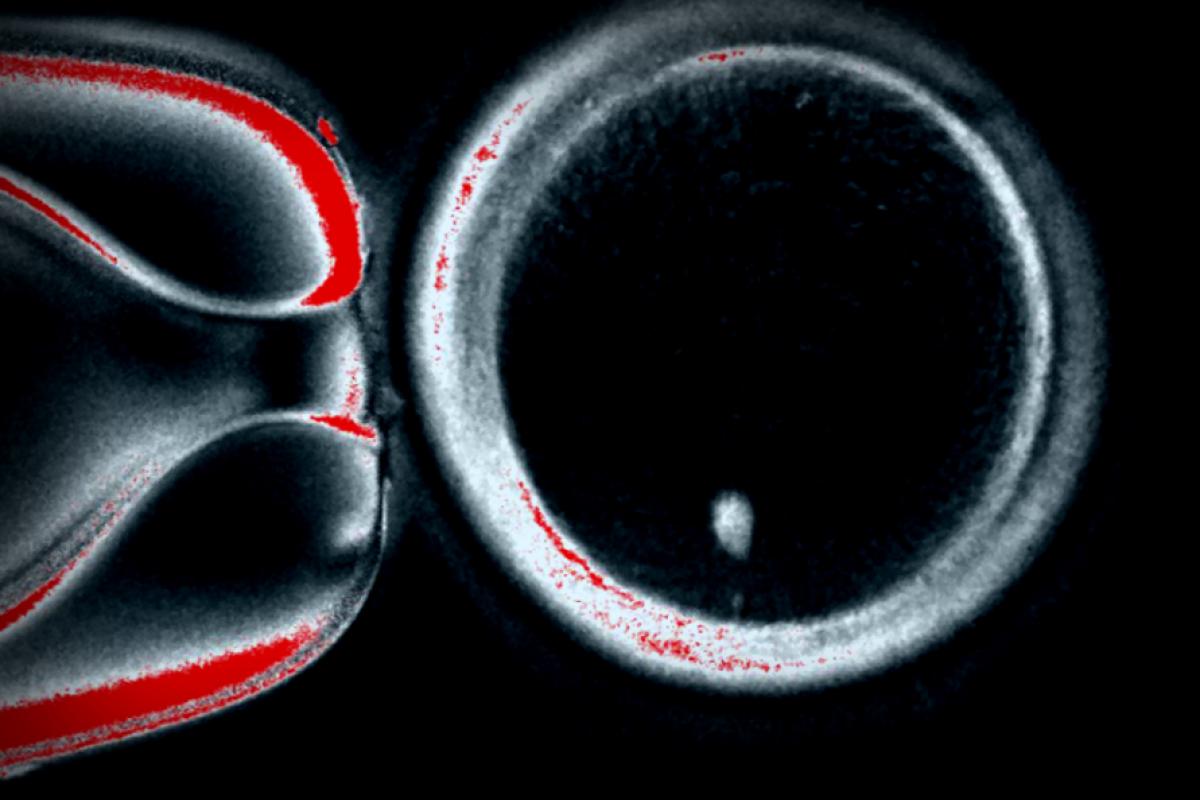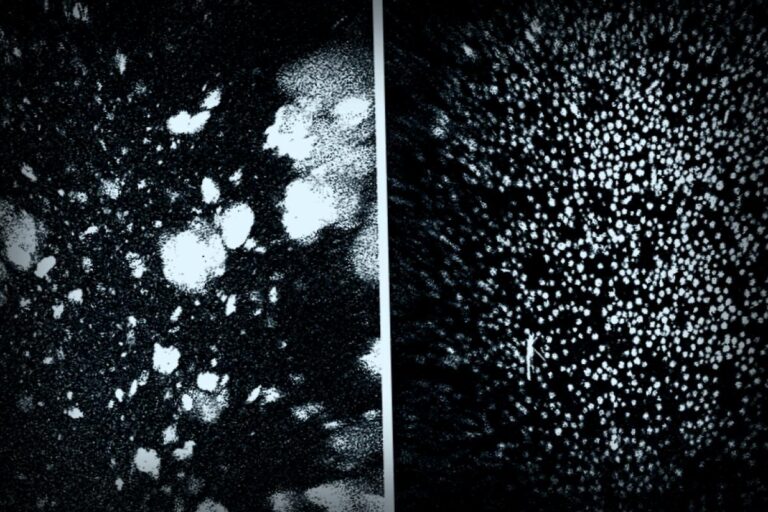In a groundbreaking study, Oregon scientists have successfully converted human skin cells into fertilizable egg cells. This innovative approach is a step towards developing lab-grown eggs and sperm, which could significantly benefit couples struggling with fertility.
However, the initial results revealed some concerning chromosomal abnormalities. Experts from Oregon Health & Science University (OHSU) have cautioned that additional research may take up to ten years before the technique is deemed viable for trials involving actual human beings.
The study, published in the journal Nature Communications, provides valuable insights as researchers strive to create lab-generated eggs and sperm. This advancement holds promise not only for individuals facing infertility challenges but also for same-sex couples desiring to have biologically related children.
During the experiment, the OHSU team removed the nucleus from an existing human egg cell and inserted the nucleus from a regular skin cell. One key challenge here is that skin cells contain two sets of chromosomes, whereas eggs and sperm should each have only one set to combine at fertilization. To address this, the researchers prompted the egg-like cells to expel the extra chromosomes. They then injected sperm from a donor and initiated development post-fertilization.
Of the resulting cells, around 9% survived for six days in laboratory dishes, achieving the important blastocyst stage of early embryo development before the experiment concluded.
The main hurdle remained: the chromosomes generated from the experiment displayed several irregularities.
Shoukhrat Mitalipov, the lead author of the study and the director of embryonic cell and gene therapy at OHSU, noted, “We kind of developed this new cell division that can reduce chromosome number. It’s still not good enough to make embryos or eggs genetically normal.” He described the findings as proof-of-concept and expressed optimism about making further improvements.
Responses from other scientists have varied. Dietrich Egli, a stem cell researcher from Columbia University, expressed concern over the observed abnormalities.
Conversely, Dr. Eve Feinberg acknowledged the significance of the chromosome issues but praised the team’s success in reducing chromosome numbers, saying, “It seems like this team figured out how to reduce the number, just not well yet. But it’s an important step and very exciting.”



















